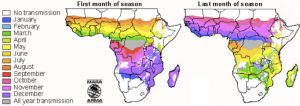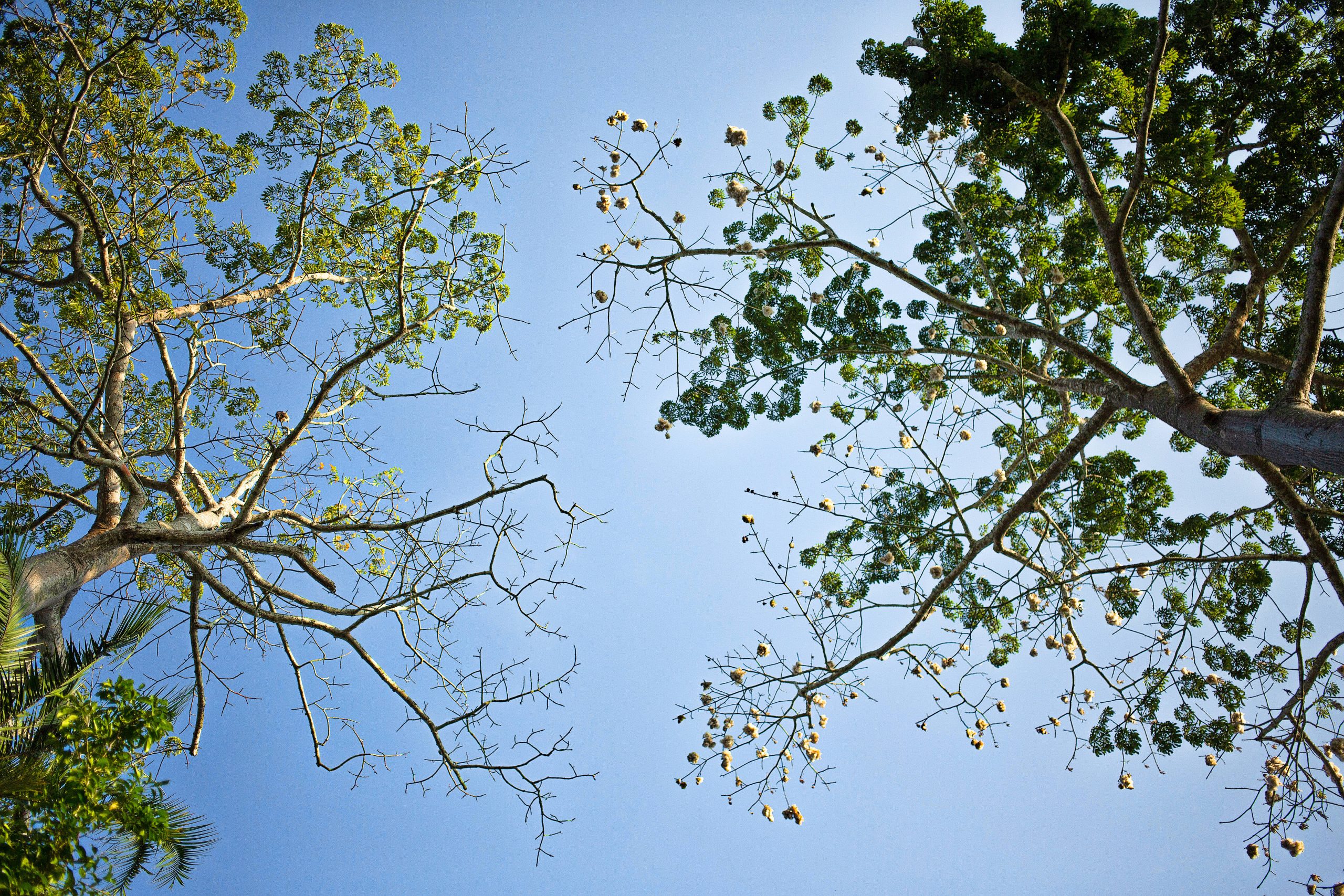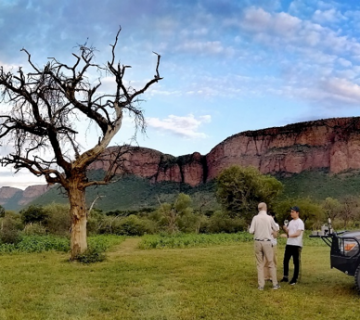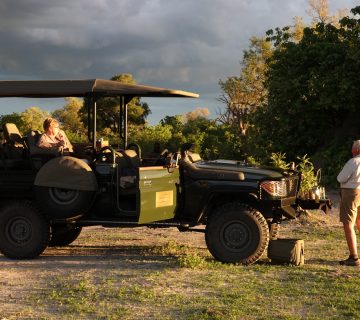Do I need to take Malaria medications for my safari?
Taking the right steps to protect yourself from potential malaria transmission is an important part of preparing for your safari. Malaria is present in nearly every country that one may visit on a Completely Unique Safari, although there are certain game reserves in South Africa that are non-malarial, as well as Namibia.
If you are traveling to most safari destinations, then it is typically a very good idea to be taking anti-malarial medications. This “better safe than sorry” is a solid, universal approach to preparing for your trip and probably the best way to set your mind at ease. While malaria is treatable, it is certainly not a “fun” disease from which to recover, and health consequences can sometimes be lasting.
Regional and seasonal variations
There are a few considerations for judging your risk while traveling, although consideration of these factors should be done in consultation with your physician. Completely Unique Safaris cannot give out medical advice, nor would we ever encourage you to avoid taking malaria medications, but understanding where malaria is most prevalent, or where the risk is modified by seasonal factors, is valuable to not let a potentially exaggerated fear of malaria upset your travels.
Malaria is transmitted by way of the anopheles’ mosquito, meaning that the mosquito is the “vector” for the parasitic disease, while other species, such as humans, are the “hosts”. In order for the disease to propagate widely, many hosts and many vectors are required. Therefore, malaria tends to be much more common in densely populated areas than in the wide-open wilderness, contrary to the misnomer that malaria “sits out there in the remote jungle”. For example, despite the Okavango Delta area in Botswana being a watery wonderland, with thousands of acres of standing water during the flood season, malaria is very rare in this area — this is due to the region’s vastness and extreme lack of any population density. However, on many safaris, guests will travel through urban areas (upon arriving or departing a country) or extend their trip to Victoria Falls. In a malaria-endemic region, it is always recommended to take precautions against possible infection.
Another factor that modifies the risk of malaria exposure is the time of year. In most areas of Africa that our guests visit, malaria risk is seasonal – more common in “wet” seasons and less common in “dry”. By looking at the maps below indicating the First Month and Last Month of malaria transmissions, one can get a sense of relative risk fluctuations at their intended destinations.
First Month and Last Month of malaria transmissions:

• Between the months of May and December, there is very slight risk of malaria in the Kruger Park Region of South Africa
• Between the months of May/June to January, there is very slight risk of malaria in the Serengeti Park region of Tanzania
• There is year-round risk of malaria in southwest Uganda, the home of gorillas residing in Bwindi Impenetrable National Forest
The map above is not a “free pass” to avoid taking anti-malarial medications, but should help travelers understand the seasonal phenomenon more accurately. Again, we recommend consulting with your physician.
Which malaria medication do most people take?
Most travellers take one of two medications for malaria prophylaxis: Malarone or Lariam. These medications differ from each other in terms of when they are administered and potential side-effects. Before entering a malarial area, one would begin their Malarone (generic name: atovaquone-proguanil) prescription ~2 days before and end their course of the drug seven days after departing the area. So, if you will be on safari for 12 days, you would get a prescription for 22 tablets.
Alternatively, Lariam (generic name: Mefloquine) has a more convenient, once-a-week dosing schedule, although one continues with weekly doses for a few weeks after departing the malarial area. While many travelers “do absolutely fine” on Lariam, the drug has some known side-effects, such as “vivid dreaming”. It’s important to familiarize yourself with Lariam’s potential side-effects and most travelers will take a dose about 10 days (or even a month) before departing to determine whether they tolerate the drug.
Where do I get these drugs?
Your primary care physician can prescribe these medications for you and your local pharmacy will carry them. Because the medications are elective, most health plans/insurance policies will not pay for them, so it’s an out-of-pocket expense. Prices can vary quite widely across pharmacies or health plans and a long course can get to be quite expensive. In the U.S.A we would recommend checking GoodRx, a popular website and smartphone app, to price-compare your area pharmacies. For example, the cash price for 30 tablets of Malarone can be quoted at nearly $200, but with discounts available from GoodRx, prices ranged from $60 at Walmart to $85 at CVS Pharmacy for the same 30 tablets.
All set on malaria and want information about what vaccines you’ll need? Read: Hit me with your best shot: vaccinations for safari
Completely Unique Safaris assumes no responsibility for medical or health-related information on our website or links to external websites. Always consult your personal physician to confirm your approach to vaccination or preventative care.







I really want you to be my best friend. Found this while on Blog and I am so glad we connected. It’s almost like you wrote a book on it or something. {My life has been changed because of you.|You should be beyond proud of your work.|I’ve recently been looking at a few bean bag blogs and I am trying to figure out what one I should get.|This goes totally against almost everything I have thought until this moment however, I am going to try what you have suggested and I will share with you what happens.|I’ve got a few creative concepts for this website you might be interested in hearing.|Exceptionally well written article!|I was looking into a press release earlier but I still I have been using this android app for a while now and I got to tell you that I am a huge fan. Some really great info here. Wow, that’s unbelievable.
I truly like these posts. And that is an costly and could become a dangerous venture. This is a highly descriptive and well written post. You’re so beyond awesome. Do you ever use citations in your articles? I would love to see what you read. Anyone can tell that you create content because you really like doing it.
Excellent blog you have got here. This is a very good suggestion, especially to people fresh to the subject. Hey, that sure is a clever way of thinking about it. Each option has its own merits and demerits that can ease decision making when broken down.
It is nice to see a blog that gives such clear topics, especially when so many articles are garbage. Other then that, wonderful article! This post could not be written any more clearly! I’ve been a big follower of yours for a long time now and I look forward to seeing more from you.
Like!! I blog frequently and I really thank you for your content. The article has truly peaked my interest.